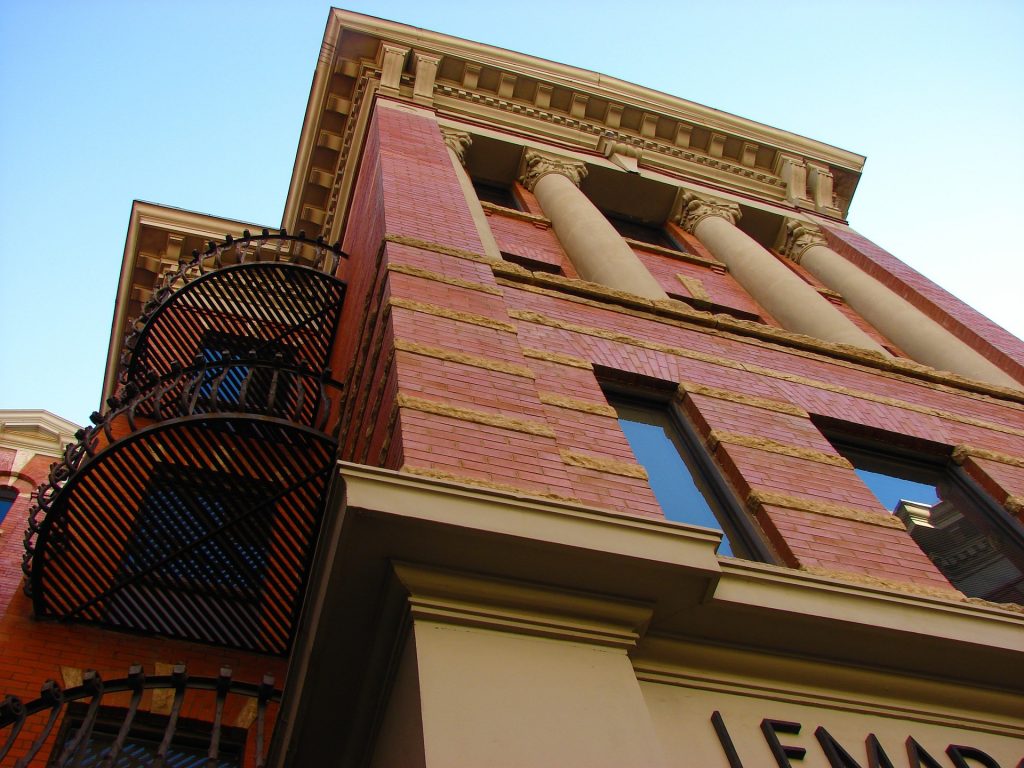Do you know how much rate parity is important for the hotel industry? It still creates conflict between revenue and distribution managers.
Even we have a number of advance technologies in the hotel industry.
Rate parity is still difficult and problematic to manage.
But still, we cannot escape the fact that rate parity is important for the hotel industry because disparity cuts into hotel profit.
Eventually, it leads to confusion and tension among customers and distribution partners.
To avoid this, hoteliers need rate parity.
First, understand its meaning and then we get to know why rate parity is important for hoteliers.
Rate Parity

Rate parity is an agreement between a hotel and the Online Travel Agencies.
In this hotel guarantees to use the same rates for the same room on all the distribution channels.
The hotel should have the same price for a room, no matter where the client books it and the commission the hotel pays to the Online Travel Agencies.
Hence, the higher the commission is, the less money the hoteliers earn.
When you partner with Online Travel Agencies, then you have to agree with the terms of rate parity.
You are not allowed to cut down the rates they display for your rooms on their websites.
Online Travel Agencies want rate parity to make sure that the hotels will not give any discounts to the customers, and therefore in a way “steal” them.
But on the other hand, from the hoteliers’ point of view, rate parity is a way the OTAs ensure that the hotels don’t have any weapon to attract direct bookings.
It is just as bad for them as the name bidding policy.
If customers knew that the rates on the hotels’ websites could be lower, they would surely more often go to those websites.
Why engage in rate parity?
To consumers, it’s a good thing that your room rates match across the web.
If booking with you is more expensive than with an OTA, you could easily lose your customers’ trust.
Also, OTAs spend a ton on marketing, and can regularly bring you a large volume of customers.
You can consider the high commission a marketing cost.
Rate Parity is a good thing if you can use it to channel more reservations to your direct sources.
The Challenges of Rate Parity
While it’s part of doing business, rate parity may pose several challenges for small and budget hotels.
More often than not, OTAs are allowed to offer a lower price by cutting into their own commission.
As such, when more bookings start pouring in from OTAs, hotels tend to lose out on revenue.
Hotels need to revamp their digital marketing efforts.
To increase revenue share, direct bookings are the most important factor.
But because of rate parity clauses, hotels are obliged to tell OTAs about running discounted promotions.
While some hotels exclude entire rooms from OTAs’ listings, they risk of having the rooms going unsold. Hotel rate parity poses certain challenges
Turn challenges into advantages

Small hotels are between a rock and a hard place, as the saying goes.
On one hand, you don’t have the marketing budget to achieve the kind of reach that your Online Travel Agencies partners do.
They bring you business. On the other hand, you want to drive more traffic booking.
Here are some ways that eTourism recommends you can do this:
Package your rooms to make them more appealing
You can enhance your offering by adding elements like free parking, wifi, and tickets to a local event.
Your OTA may be selling the room at a discounted price.
But with your full-price, there are extras that are more valuable than the discount your guest will get if they book with the OTA.
To entice guests to book direct, hotels can add perks, such as free Wi-Fi, parking or event tickets.
Lower your rates to a limited audience.
While you can’t publicly advertise lower room rates, but you can do so to a limited audience.
This means that to drive direct bookings you can offer deals to Facebook fans, Twitter followers, your email database and Phone enquiries.
Remember to invite people to join these audiences on your website.
Tell them they can get special discounts and promotions unavailable elsewhere.
Use Metasearch engines
Metasearch engines are a great way to compete with OTAs for bookings.
Through TripConnect7, small hotels can bid to be featured at the top of the list.
Because this is using a PPC model (price per click), it is likely to be cheaper than the commission paid to OTAs.
Metasearch engines are increasingly popular with consumers.
Not only can they compare and search properties, but they can choose the channel they want to use to book these properties.
More often than not, they will choose to book direct because it is seen as being more reliable.
Improve the booking process
The ease of booking directly with you needs to match if not be smoother than booking with OTAs.
Make sure it’s easy to understand what rooms are available and at what rate (don’t overwhelm with too many choices), and that it looks and feels secure to make a booking with you.
Partner with Channel Manager
A good channel manager will allow you to easily push the most up to date room rates (and inventory) to all of your connected OTAs.
Build your Rate Parity Strategy
Hoteliers shouldn’t give up on rate parity, ever.
At the same time, it’s important to realize that rate parity requires a team effort, dedication, technology and clear procedures across the brand.
With a well-executed strategy, you’ll be better positioned to achieve more direct bookings at a lower cost of acquisition and reduce OTA dependency.
While rate parity may pose certain challenges, it’s important to consider pricing strategies to ensure coherence across several distribution channels.
You should not only focus on rate parity but also try to improve the overall guest experience and offer benefits for booking direct.
An integrated strategy, focusing on pricing, marketing and user experience, is the way forward to impact revenue.
Conclusion
We can say that rate parity is an agreement between the hotel and OTA, where hotel uses the same rate for the same room on all distribution channels.
For driving more traffic you can mix up different packages for your rooms to make them more appealing, you can publicly advertise room rates to a limited audience.
Partnering with the channel manager and using a metasearch engine is a great way to increase bookings.
Please share views in the comment box.
If you want to learn about the functionality of QloApps then you can visit this link: QLO Reservation System – Free Open-Source Hotel Booking & Reservation System
In case of any query, issue or requirement please feel free to raise it on QloApps Forum

Be the first to comment.